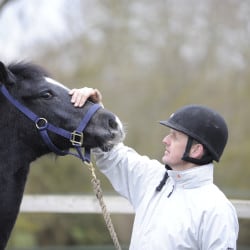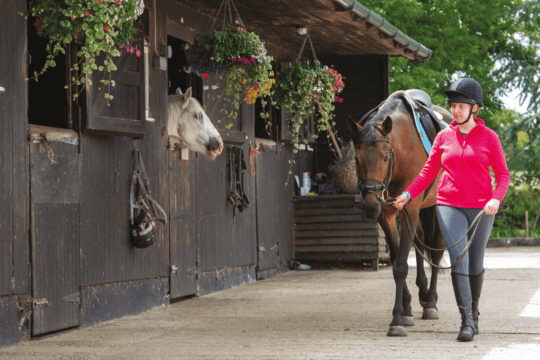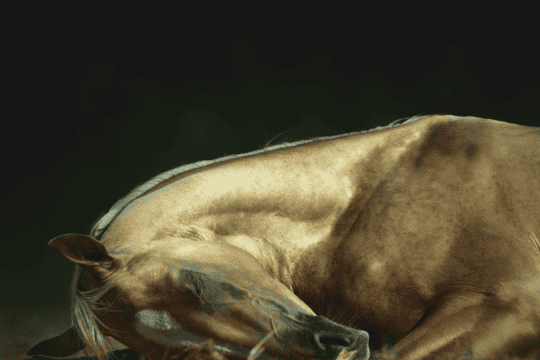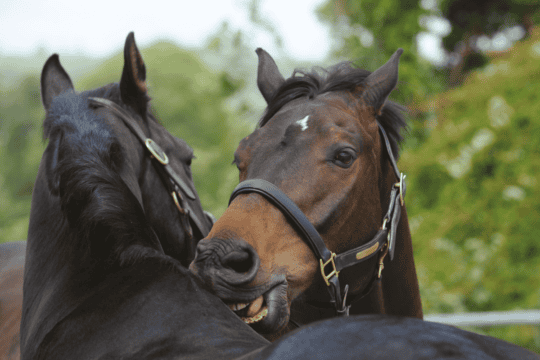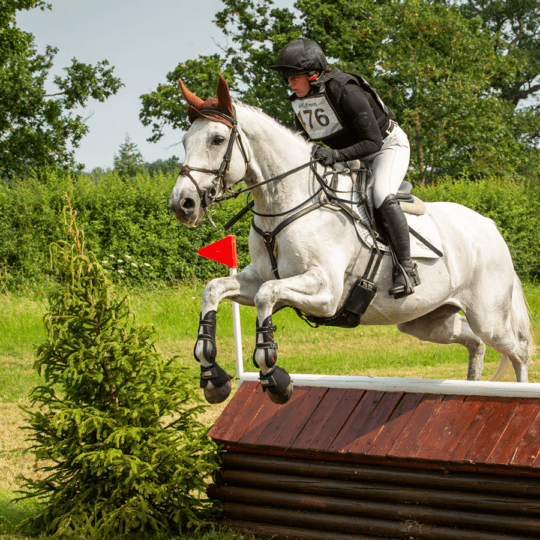Don’t enter your horsebox if you are involved in an accident, say Cambridgeshire firefighters
Posted in Management
The Cambridgeshire Fire and Rescue Service (CFRS) advise waiting for emergency help if you are involved in an accident with your horsebox or trailer.
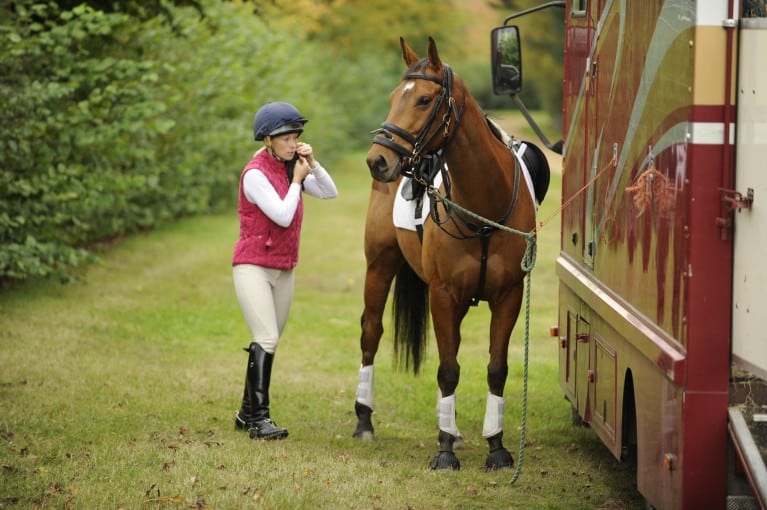
This comes after a 51-year-old man was kicked to death by his distressed horse when he entered his horsebox on the 31 October.
Animal Rescue Specialist for the CFRS Russell Metcalfe says that waiting for emergency services to respond with trained responders and vets gives your horse the best chance of being rescued with minimal injury and distress.
If you are involved in an accident with your trailer or horsebox, the CFRS advise the following:
• Ensure no one is tempted to enter a horsebox to assist a horse, as this may lead to injury of both horse and person.
• Do not be tempted to open up doors and ramps. This invites a stressed horse to strive for that perceived escape route and may make the situation much worse.
• Try to stay calm yourself as this will give reassurance to your horse and help you to think more clearly.
• Summon the Fire and Rescue Service immediately by dialling 999 and asking for the animal rescue team. Thoroughly describe the situation and your location.
• Summon your own large animal vet, or if you are away from home, inform the Fire Control operator and they will contact an equine vet through the BEVA directory of vets willing to attend emergencies.
• Try to keep the scene as calm as possible. It is most likely that the Fire Service and vet will utilise heavy sedation or anaesthesia in order to rescue the horse as safely as possible. For this to work most effectively it requires the least amount of adrenaline to be released by the horse. The more stress and panic, the more adrenaline is released.
• Give the attending animal rescue team leader all the information they need to make the right decisions, for instance they are likely to ask you for details of:
– Breed, age, sex
– Normal demeanour
– Medical history and any current conditions
– Dislikes such as an aversion to men, blindfold etc
– What happened to cause the situation if known and any other information you think might be relevant
– The preferred final safe and secure destination for the horse after rescue.
• Above all, consider your safety and those around you as your horse will not behave in the way that you might be accustomed to.

